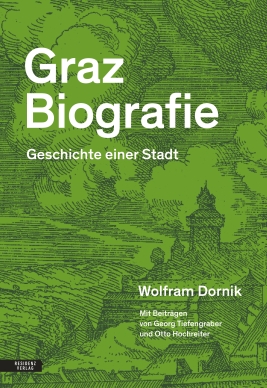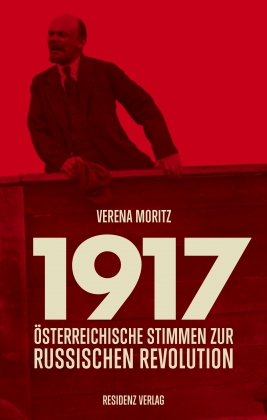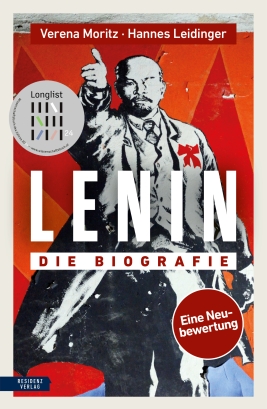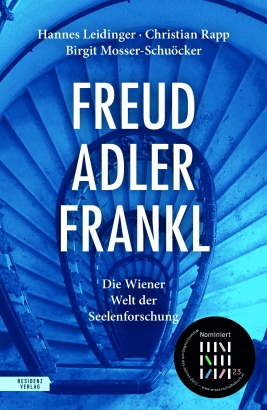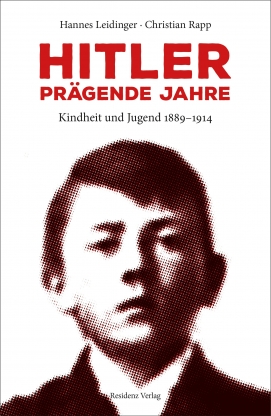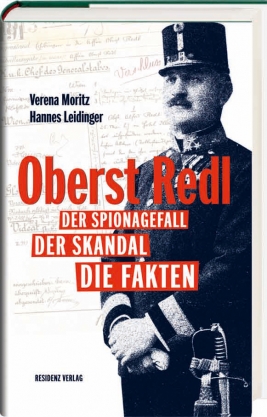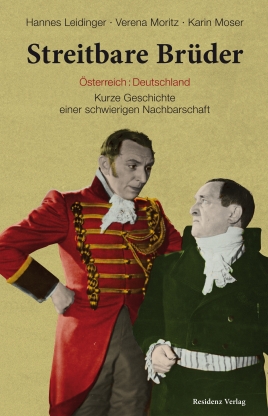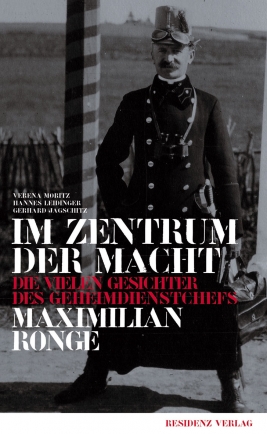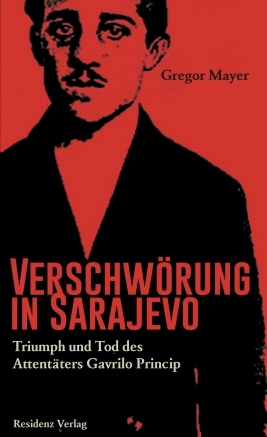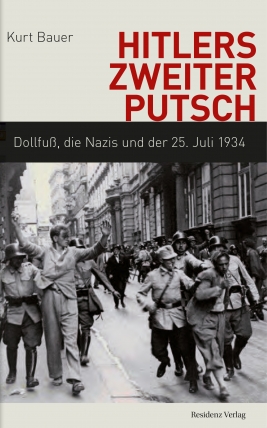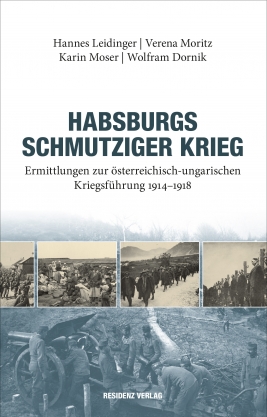
Hannes Leidinger Verena Moritz Karin Moser Wolfram Dornik - The Habsburgs’ Dirty War
An Analysis of Austro-Hungarian Warfare 1914-1918
co-authors: Karin Moser and Wolfram Dornik A ruthless assessment of the empire’s military conduct during World War I by acclaimed Austrian historians
New research on the darkest chapter of World War I: the authors examine the strategies and calculations employed by the Habsburg ruling elite. They show how the war, which began with the main aim of destroying Serbia, was allowed to get out of hand, with no consideration of the losses. And what happened in the zones occupied by the Imperial armies? Were Austro-Hungarian forces responsible for war crimes? This book sheds a shocking light on chains of command, prejudices, and escalating violence towards suspects, civilians and ‘administrated masses’. A disturbing panorama of the Habsburg Empire’s path to downfall.
Book details
with numerous illustrations328 pages
format:140 x 220
ISBN: 9783701732005
Release date: 26.10.2014
License rights
- Serbia






